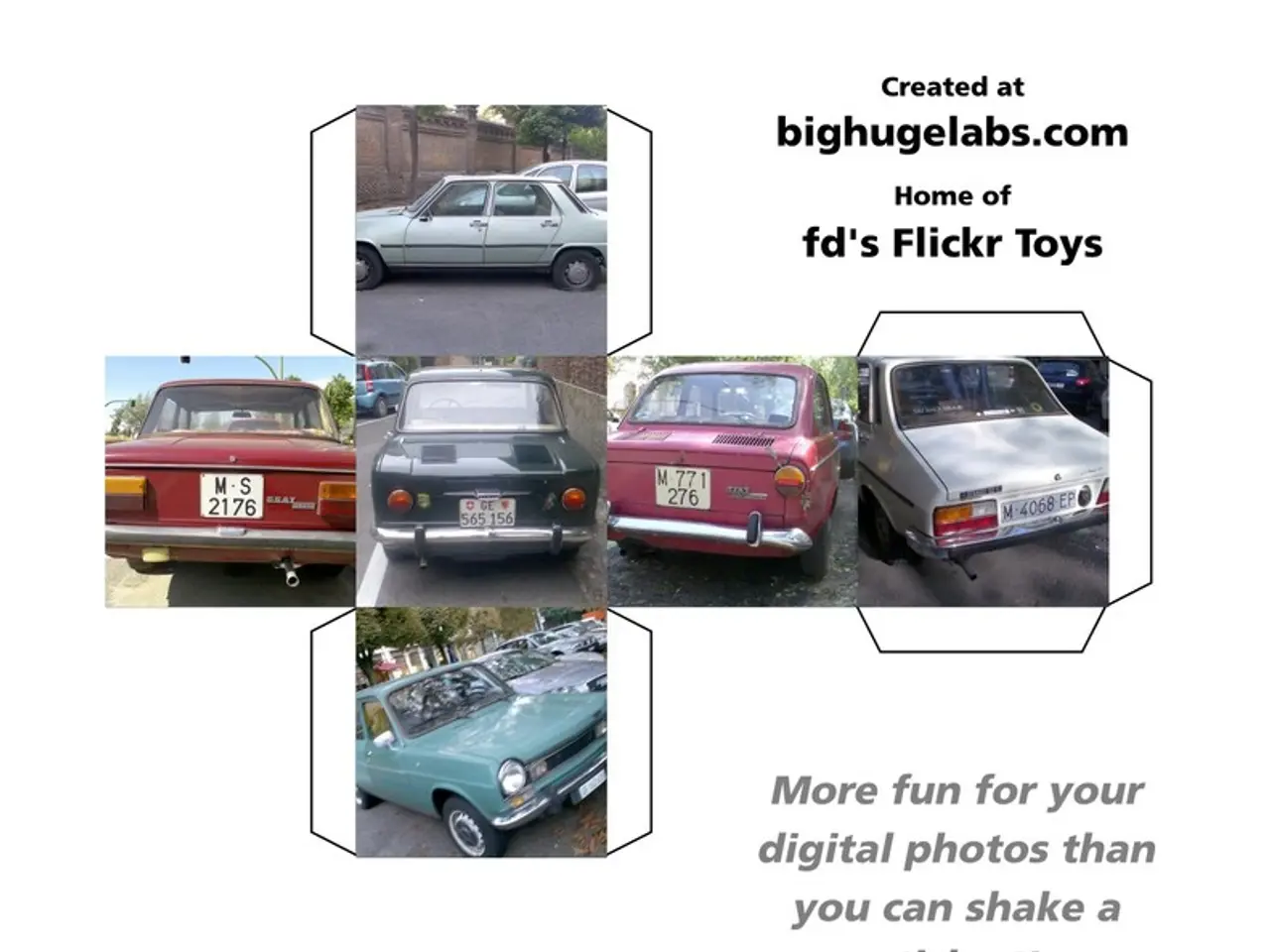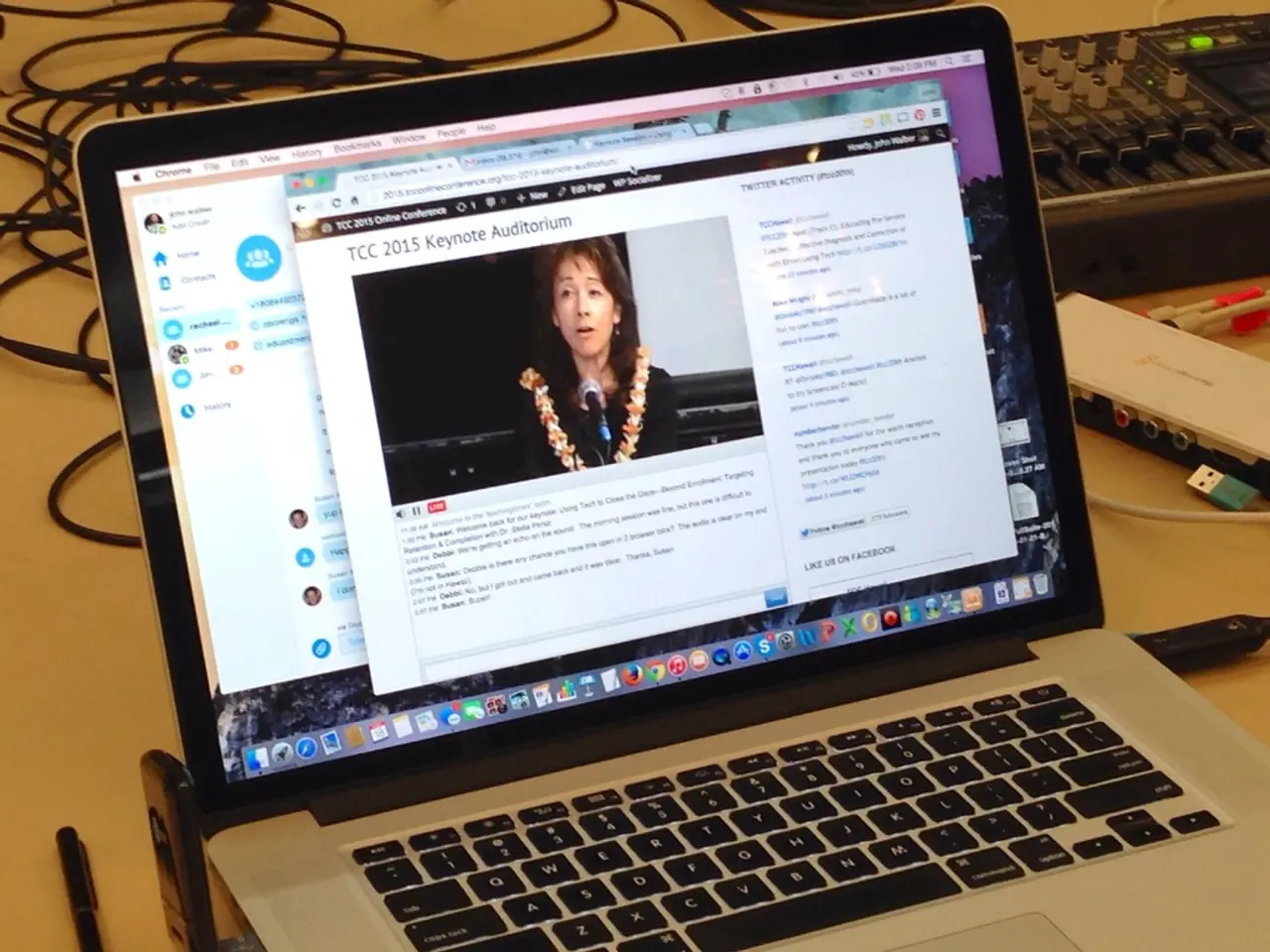Comparing Binoculars and Telescopes for Stargazing: Which One Outperforms?
In the realm of astronomy, both binoculars and telescopes serve as valuable tools for night sky enthusiasts, each with its unique advantages and disadvantages.
**Advantages of Binoculars**
1. **Convenience and Portability**: Binoculars are lightweight and portable, making them easy to carry and use for spontaneous stargazing sessions. They require no setup, allowing users to quickly observe celestial objects.
2. **Wide Field of View**: Binoculars offer a wider field of view compared to most telescopes, which helps in observing larger sections of the sky, such as star clusters or the Milky Way.
3. **Binocular Vision**: Using both eyes simultaneously reduces eye fatigue, allowing users to observe celestial objects for longer periods without discomfort.
4. **Simplicity**: Binoculars do not require knowledge of complex telescope settings or adjustments, making them accessible to beginners.
**Disadvantages of Binoculars**
1. **Limited Magnification**: Binoculars provide lower magnification compared to telescopes, resulting in smaller and less detailed views of celestial objects. This limits their ability to resolve fine details on planets or deep-sky objects.
2. **Aperture Limitation**: Binoculars generally have smaller apertures, which means they collect less light and are less effective for observing faint or distant objects.
**Advantages of Telescopes**
1. **Higher Magnification and Resolution**: Telescopes can provide much higher magnification and resolution, allowing for detailed observations of celestial bodies like craters on the Moon, rings of Saturn, or details on Jupiter's surface.
2. **Light Gathering Capability**: Larger telescopes collect more light, enabling users to observe fainter objects such as distant galaxies or nebulae that might be invisible to binoculars.
3. **Specialization**: Telescopes can be equipped with specialized accessories like filters, which enhance the observation of specific features on celestial bodies (e.g., solar filters for sunspot observations).
**Disadvantages of Telescopes**
1. **Complexity and Setup**: Telescopes often require more setup and adjustments, which can be daunting for beginners. They also need to be regularly aligned and calibrated.
2. **Cost and Maintenance**: Higher-quality telescopes are generally more expensive than binoculars, and they require regular maintenance to ensure optimal performance.
3. **Bulkiness**: Telescopes are typically larger and heavier than binoculars, making them less portable and more cumbersome to transport to different locations.
While telescopes provide superior views of planets and deep space objects, binoculars offer a more accessible and convenient entry point for stargazing, especially for those who prefer a simpler and more portable option. Alternative options for stargazing include spotting scopes, monoculars, and other types of telescopes. The choice between binoculars and telescopes ultimately depends on an individual's interests, needs, and the level of detail they seek in their astronomical observations.
In the realm of astronomy and space-and-astronomy, various pieces of gear hold value, such as telescopes, binoculars, spotting scopes, and monoculars. Each of these tools offers unique advantages, catering to different needs and preferences of night sky enthusiasts. Telescopes, with their mirrorless technology, provide higher magnification and resolution, excellent for observing fine details on celestial bodies like planets or deep-sky objects. However, they can be complex to set up and maintain, and their bulkiness may make them less portable compared to other options.
On the other hand, binoculars, due to their convenience and portability, are ideal for spontaneous stargazing sessions. They offer a wider field of view, reduce eye fatigue through binocular vision, and require minimal technical knowledge. Unfortunately, their limited magnification and aperture limitations hinder their ability to resolve fine details or observe faint objects.
For those seeking a middle ground, spotting scopes or monoculars might be suitable alternatives, combining some aspects of both binoculars and telescopes. This variety in gear ensures that astronomy enthusiasts can find the proper tool to meet their specific interests and needs, expanding their understanding of science and the wonders of space. The choice between these tools depends on the level of detail one seeks, the extent of technical knowledge desired, and the portability required for their astronomical observations and pursuits.




